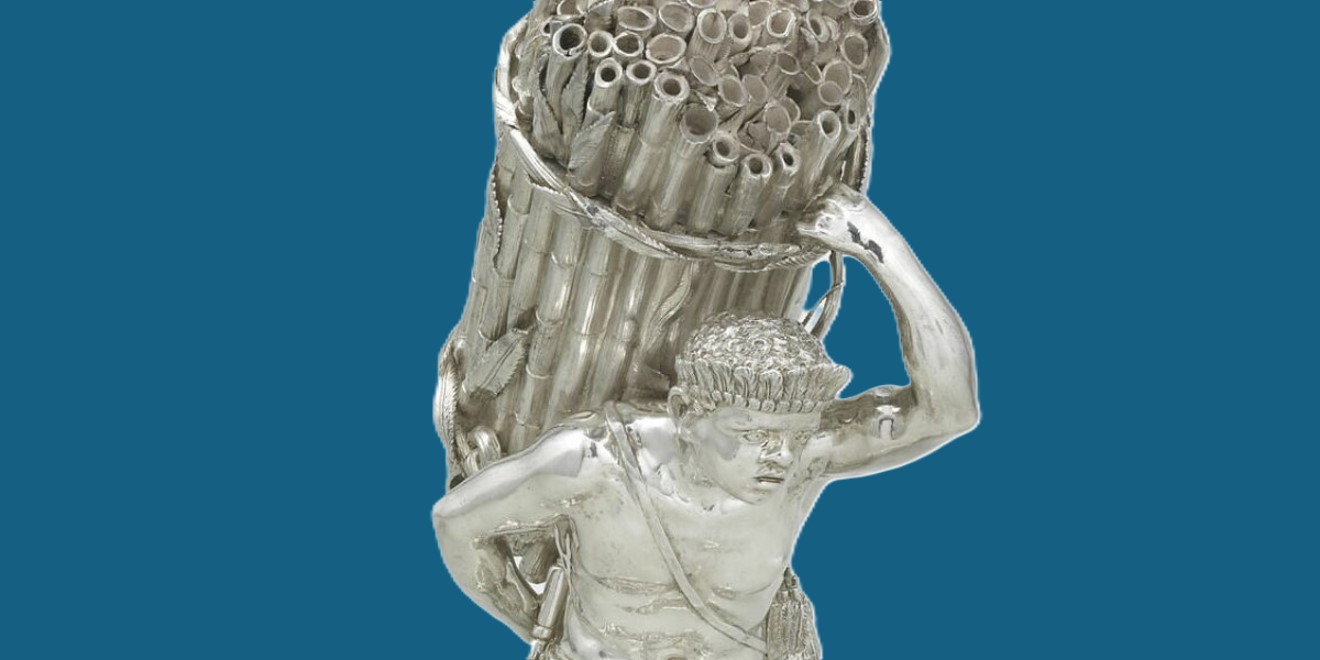Project Description
TURIN HUMANITIES PROGRAMME
CALL FOR APPLICATIONS TO THE POSTGRADUATE SUMMER SCHOOL
“Slavery and Serfdom in Europe and the Americas in the Early Modern Period”
10-12 SEPTEMBER 2025, TURIN
Fondazione 1563 per l’Arte e la Cultura (hereinafter “Fondazione 1563”) has since 2013 supported research and advanced training in the field of the humanities. In a wider effort to pursue this goal, in 2020 Fondazione 1563 launched the Turin Humanities Programme, a research initiative that allows junior scholars to work on interrelated research projects under the guidance of especially appointed Senior Fellows.
THP aims at promoting two-year research projects about relevant global history topics. Under THP Fondazione 1563 launched a fourth (2024-26) call for applications for research on Slavery and Serfdom in Europe and the New World: Debates in the Early Modern Period.
The Turin Humanities Programme and Fondazione 1563 are pleased to invite doctoral students and early career researchers to submit their applications to the Summer School Slavery and Serfdom in Europe and the Americas in the Early Modern Period.
The Summer School aims to explore the modern debates surrounding slavery and serfdom in Europe and the Americas within the timeframe of the Early Modern period, defined here broadly as stretching from the sixteenth century to the beginning of the nineteenth.
The project will aim to encourage a comparative perspective, focussing on three key aspects:
1. Early Modern and Enlightenment debates ranging from race and ethnicity to the rights of man.
Debates about enslavement begin with ethical, economic and theological questions, and evolve in the period towards a greater focus on race, ethnicity and discussion of the rights of man. How are notions of race debated in the period? Is racial discrimination an underlying cause of enslavement, or rather a consequence of it? In what ways is slavery essential to early-modern capitalism and commerce?
2. Serfdom and slavery.
Serfdom existed widely across Europe in the Early Modern period. The challenges relating to research into serfdom in part mirror the challenges concerning enslavement, yet the two phenomena are almost always studied separately. To what extent are there parallels between serfdom and slavery? Are these two phenomena entirely distinct from one another?
3. The role of imaginative literature and the creative arts.
Novels, stories, plays, operas, paintings and prints play an increasingly important role, in the Enlightenment period in particular, in exploring notions and constructions of otherness, and in creating often paradoxical fictions of enslavement. Creative works play a crucial part in communicating these unresolved questions and tensions to a broader public.
The THP 2025 Summer School provides a forum for postgraduate students and early career researchers in the field of humanities and the social sciences (history, philosophy, literature, art history, music, anthropology, religion) to engage with the most up-to-date academic debates on enslavement, serfdom, ethnicity and race in Europe and the Americas in the early modern period, and to approach these questions from a wide range of methodological approaches.
English will be the default language of the Summer School.
The Summer School programme includes keynote lectures by Demetrius Eudell (Vassar College, USA), Marisa Fuentes (Rutgers University), Vanessa Massuchetto (Max Planck Institute for Legal History and Legal Theory), Darrin McMahon (Dartmouth College, USA), Pärtel Piirimäe (University of Tartu), Ann Thomson (European University Institute, Florence), Devin Vartija (University of Utrecht), research presentations by the Junior Fellows of the Turin Humanities Programme, feedback sessions and roundtable discussions.
To foster dialogue between senior and young scholars, the 2025 Summer School offers its participants a unique opportunity to contribute to the broader discussion on themes of slavery and serfdom in Europe and the Americas in the Early Modern Period with their own ideas and research.
Successful applicants will also have the chance to present their papers in panel sessions which will be followed by a Q&A led by a panel discussant.
To apply for the Summer School, prospective participants should submit a brief academic CV (max. 2 pages), an abstract of the research they wish to present (max. 400 words) and a short essay on why they would like to attend the Summer School (max. 200 words).
Please, upload these materials within the application form that can be found on the website of Fondazione 1563 at the following link www.fondazione1563.it/application-form-thp-summer-school/ by 10.00 PM (Italian/CET time) of June 16, 2025 of June 15, 2025.
The Summer School will be activated only with a minimum of 10 participants; a maximum of 12 participants is allowed.
The participation in the Summer School is free to all Italian and International postgraduate students and early career researchers.
Travelling expenses to and from Torino and accommodation expenses in Torino will be borne by the participants.
Upon acceptance of the participation in the Summer School, the participants will be asked to confirm their participation in the social events proposed by Fondazione 1563.
For information, please contact the organisers at info@fondazione1563.it
The candidates will be selected based on their resumes and the relevance of their intended contributions to the general subject of the Summer School.
They will be informed of the result of the selection by early July via the email address they included in the application form.
Successful applicants will receive the attendance form that will have to be signed for acceptance and returned, on pain of forfeiture, within 5 working days starting from the date of the communication.
Fondazione 1563 reserves the right to suspend, modify or cancel this selection procedure or the Summer School in any moment at its incontestable discretion, without that being in any way for the Candidates a right or a demand to claim any refund, compensation or reimbursement.
Placed On: April 29, 2025
Closes: June 15, 2025 – 10:00 PM June 16, 2025 – 10:00 PM
For information and questions please email:
info@fondazione1563.it
CLOSED



